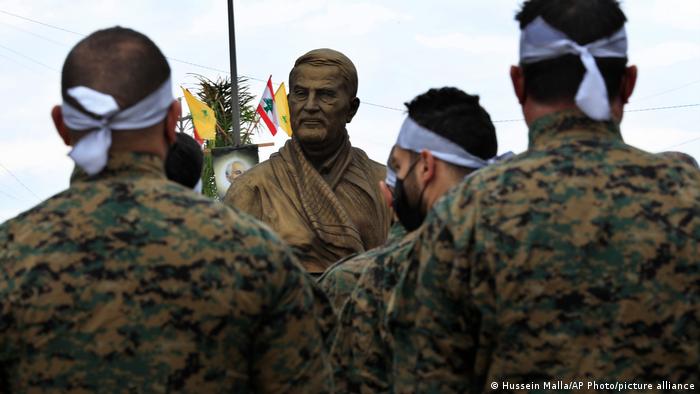The boycott's reach is amplified by tech-savvy advocates employing online resources and apps to identify products to avoid, alongside traditional advocacy methods such as impactful billboards in Kuwait. The movement has affected sales of brands like McDonald's, which faced backlash for supporting the Israeli military. The campaign has even led to the closure of Western business outlets in Qatar and a surge in popularity for local alternatives in Egypt, as the public chooses to support their own economies and stand with Palestine. The movement's message is clear: to encourage consumers to choose where their money goes and to not inadvertently fund conflict. It is a call to action for solidarity with the Palestinian cause, impacting businesses and redefining consumer choices across the Arab world.
|
Khazen History
Historical Feature: Churches and Monasteries of the Khazen family St. Anthony of Padua Church in Ballouneh
Population Movements to Keserwan - The Khazens and The Maans ما جاء عن الثورة في المقاطعة الكسروانية ثورة أهالي كسروان على المشايخ الخوازنة وأسبابها
Growing diversity: the Khazin sheiks and the clergy in the first decades of the 18th century Historical Members:
|
||||||||||||||||
Copyright © 2001-2017 De Khazen






.jpg)




